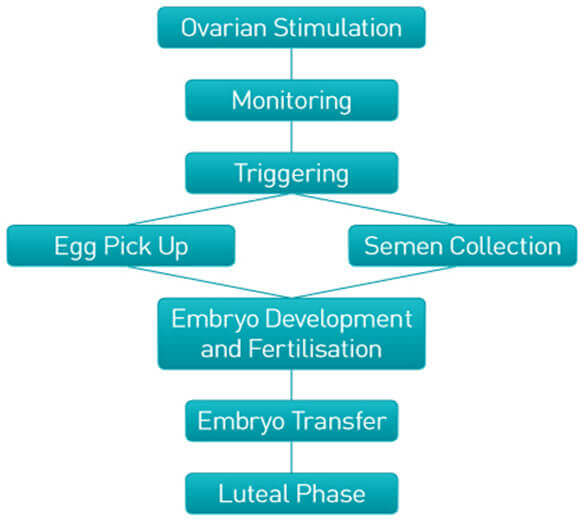
Discover cutting-edge IVF Treatments at Saqib IVF Centre & Fertility in Lahore, Pakistan

IVF (IN VITROFERTILIZATION)
IVF, or in vitro fertilization, is a reproductive procedure that involves fertilizing an egg outside of the human body. The resulting embryo is then carefully transferred into the female’s uterus using a specialized plastic catheter.
IVF treatment offers assistance to couples experiencing difficulties in conceiving. During the procedure, your sperm and eggs are combined in a controlled laboratory environment, allowing for fertilization to take place. Following a period of two to five days within an incubator, one to two of the resulting embryos are transferred to the woman’s uterus, with the hope that they will successfully implant and develop, similar to a natural pregnancy.
It’s important to consult with a fertility specialist who can provide personalized guidance and support throughout the IVF process, as each individual’s situation may vary.
